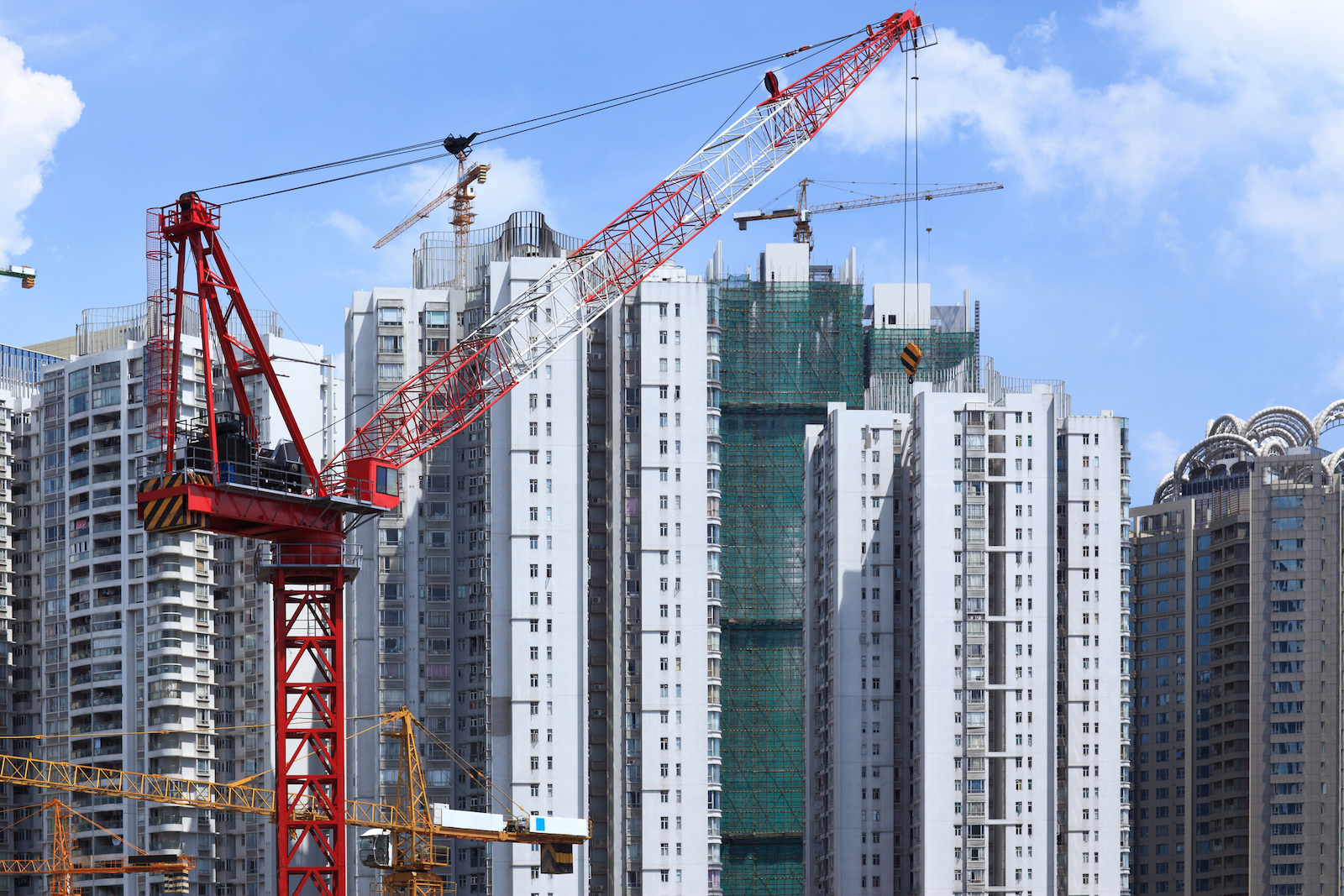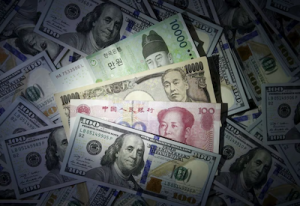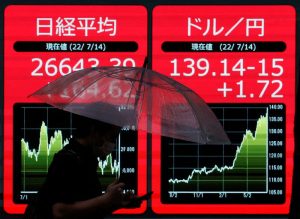China property developers and their construction partners may struggle to pay annual bonuses to workers worth at least 1 trillion yuan ($170 billion), risking social instability in the nation, says Nomura Holdings.
The deferred wages, which represent the majority of migrant workers’ annual earnings, are due next month before the lunar year ends on January 31, said Nomura analysts led by chief China economist Lu Ting in a December 21 note.
“About 1 trillion yuan in deferred migrant construction workers’ wages might be at risk of delay, putting a lot of pressure on private developers and their construction partners in the coming month,” said Lu. “Failing to do so could trigger social instability.”
Credit Crunch
Local governments are inadvertently worsening the financial squeeze on the industry, says Lu. Fearing that troubled developers will divert funds to other provinces to pay debts, local governments have tightened their grip on presale funds held in escrow accounts, he said. Such funds account for more than half of developers’ funding, he said.
“It’s like a prisoner’s dilemma,” says Lu. “Though each local government is rational in stepping up its monitoring of presale funds, the collective actions of local governments are equivalent to a credit crunch for the whole property sector.”
Financial Squeeze
The financial squeeze on the industries will be further intensified as the value of their offshore bonds that mature in the first and second quarters of next year almost double from the current three months, says Lu. The amount will rise from $10.2 billion this quarter to $19.8 billion in the first quarter and $18.5 billion in the second quarter, he estimates.
“Developers specialising in lower-tier cities will especially be faced with difficulties, as new home sales there have halved from a year ago,” said Lu.
China has recently eased measures on the real estate sector, while the People’s Bank of China cut the reserve requirement ratio for banks and reduced the loan prime rate by 5 basis points. Still, Lu says that the “the worst is yet to come” for the economy in general and the property sector in particular.
• By Kevin Hamlin
READ MORE:
China Evergrande Default Triggers Brawl Over Local Assets
Chinese Banks To See Jump In Bad Property Loans: S&P
China’s Real Estate Debt Crisis Spills Over Into Steel Sector
China Property Investment Growth Slows in November
























